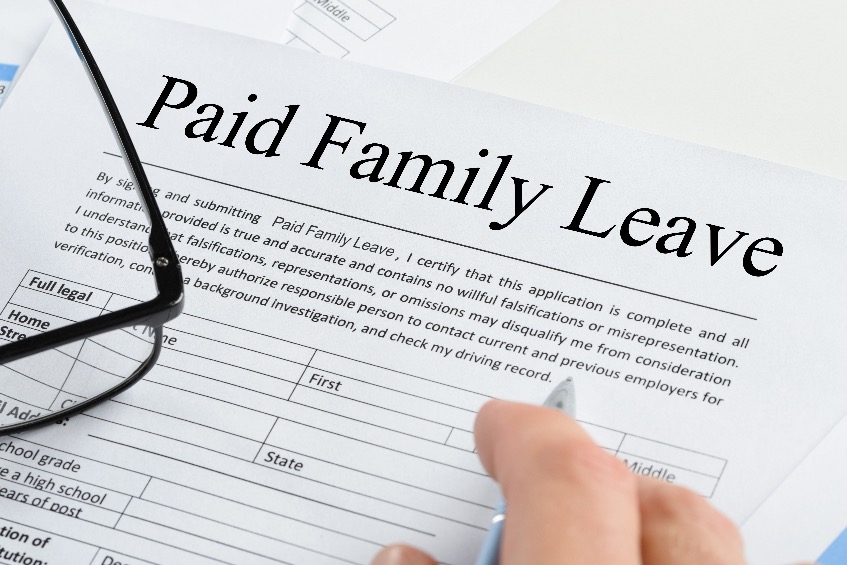The Family and Medical Leave Act of 1993 or FMLA, is a federal labor law that protects employees by requiring employers to provide employees with job-protected, unpaid leave for qualified medical and family reasons.
How Does The FMLA Work?
The FMLA provides certain employees with up to 12 weeks of unpaid, job-protected leave per year; this also requires that the employer’s group health benefits be maintained during the leave. This law protects employees from a wide-range of fields, including but not limited to all public and private elementary and secondary schools, and companies with 50 or more employees. This law is also applicable to military service men and women.
Employees are eligible for leave if they have worked for their employer (1) at least 12 months, (2) at least 1,250 hours over the past 12 months, and (3) work at a location where the company employs 50 or more employees within a 75-mile radius. It is important to understand that the employer has complete discretion as to whether it will pay an employee or not during their leave as well as to whether these weeks can be accumulated or not, the same way that paid time off may accumulate in a workplace if unused.
What Qualifies As A Medical Or Family Reason?
An employee is allowed to take 12 weeks of unpaid leave for qualified medical and family reasons. These reasons can include:
- For the birth and care of the newborn child of an employee;
- For placement with the employee of a child for adoption or foster care;
- To care for an immediate family member with a serious health condition; or
- To take medical leave when the employee is unable to work because of a serious health condition.
As such, let’s say that an employee’s elderly parent has been diagnosed with a serious health condition that renders them unable to take care of themselves; in this case, the employee would be allowed to ask their employer for up to 12 weeks of unpaid medical or family leave in order to take care of their loved one. It is important to know that time taken off work due to pregnancy complications can be counted against the 12 weeks of family and medical leave; as such, if the employee is pregnant and had to be hospitalized for 2 weeks as a result of pregnancy complications, it may be counted against their 12 weeks.
What Happens If An Employer Does Not Follow FMLA?
When an employee seeks to take FMLA, he or she may be conflicted with two questions: (1) What happens if my employer does not follow FMLA? And (2) what happens if my employer mistreats me for taking FMLA?
Your employer is prohibited from interfering with, restraining, or denying the exercise of FMLA rights, retaliating against you for filing a complaint and cooperating with the Wage and Hour Division (WHD), or bringing private action to court. You should contact the WHD immediately if your employer retaliates against you for engaging in any of the legally protected activities. If you have questions, or you think that your rights under the FMLA may have been violated, you can contact the Wage and Hour Division (WHD) at 1-866-487-9243.








